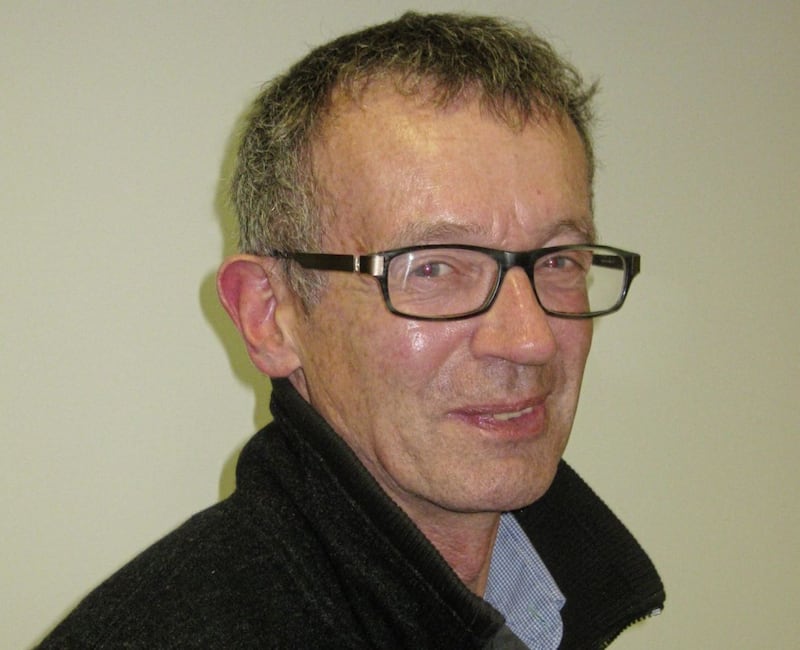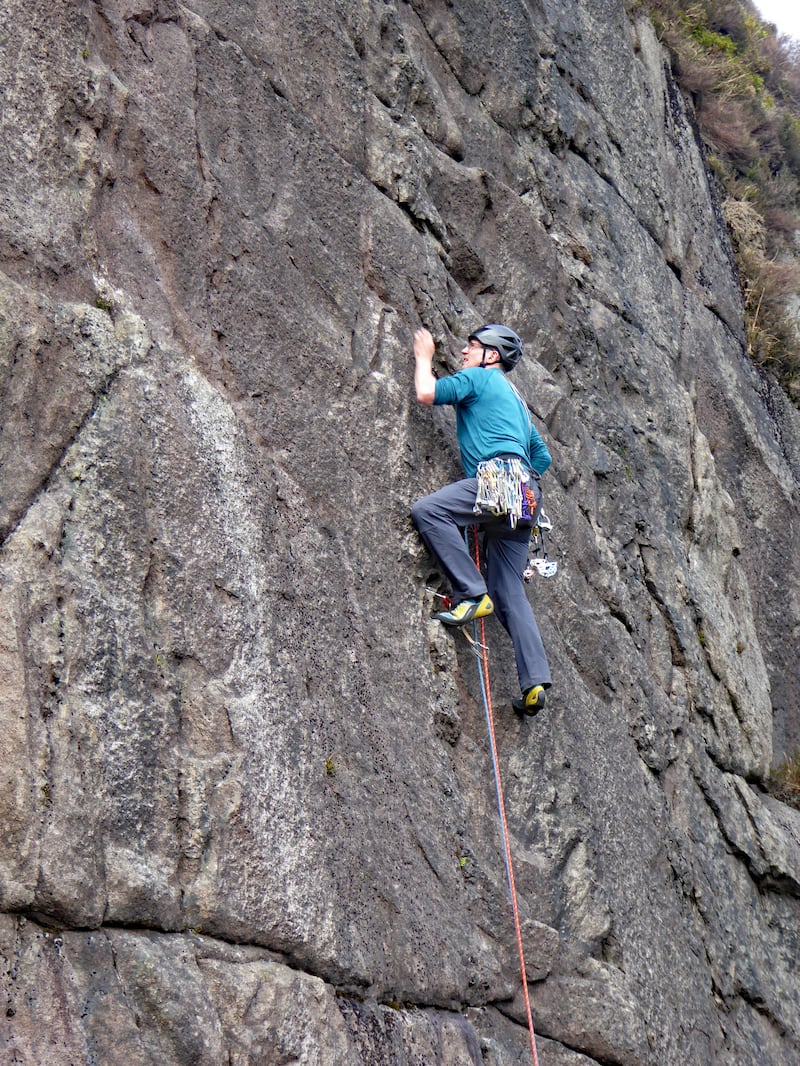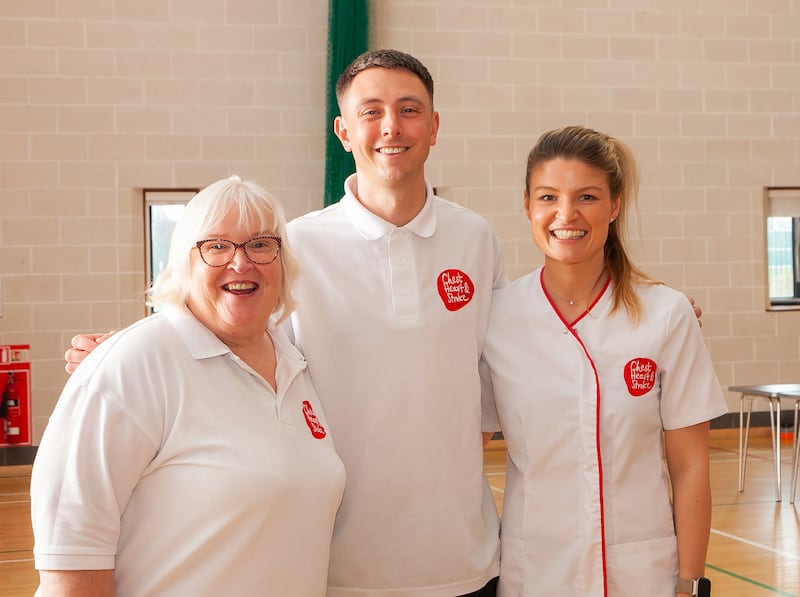As the first Irishman to conquer Mount Everest, Dawson Stelfox would seem an unlikely candidate for experiencing ill health.
But one year ago, he suffered an unexpected, life-changing stroke aged just 64.
“The stroke was a huge shock to my system after always being so active,” he said.
“The sudden loss of capacity takes a lot of getting used to.”
Thirty years after he became the first Irishman to conquer the world’s highest mountain in 1993 he remains a keen climber and hill walker.
“I’ve always been generally pretty fit and healthy from being a regular hill walker and rock climber,” he said.
But in December 2022, just two days after he had been walking the Mourne Mountains he suffered the first symptoms of a stroke.
“I woke up one morning at 5am and I was totally numb down my left-hand side,” he said.
“I immediately thought I was experiencing a TIA, often known as a ‘mini stroke’, and my wife took me to the Royal Victoria Hospital.
“We were probably at the hospital within 40 minutes of my symptoms beginning but by that time the feeling of numbness was starting to wear off.
“When the medial team examined me, they immediately picked up that I had very high blood pressure.
“I was completely unaware of that as I wasn’t feeling any particular symptoms of high blood pressure and I hadn’t been checking it.
“I had a CT scan, was prescribed medication to reduce my blood pressure and thin my blood and was sent home.”

Mr Stelfox experienced similar symptoms over the next few days, and on the fourth occasion they “did not diminish or go away”.
“I went to the Royal Victoria Hospital and the feeling didn’t go away - I was completely numb and immobile down that side of my body,” he recalled.
“The medical team did various scans and tests and they diagnosed Capsular Warning Syndrome.
“What I was experiencing wasn’t a clot or bleed as such, it was a spasm in a blood vessel in my brain.
“It was going into spasm because of the high blood pressure, causing the feeling of numbness, but then it was releasing which is why the symptoms were going away at times.
“Eventually the blood vessel went into a spasm that blocked it completely which stopped the blood supply to my brain.”
The stroke resulted in part of Mr Stelfox’s brain being deprived of oxygen and subsequently dying.
“It affected my whole left-hand side - my left leg, left arm, a little in my face,” he said.
“I never lost my speech completely, but it was a bit slurred and even now when I’m tired my face muscles weaken.
“Broadly speaking my speech and memory weren’t affected but physically I was pretty much immobile down my left side.”

Mr Stelfox spent one month in the RVH’s stroke ward and has been recovering since being discharged in February.
He is sharing his story in a bid to show others that there is hope and life after a stroke.
He received support from the NI Chest Heart and Stroke through its post rehab exercise programme (PREP), which involves a combination of education and physio-developed exercises.
“There is a sort of parallel to climbing and mountaineering activities in the sense that with these, you are not in competition with the other people that you are climbing with, you are in competition with the environment that you are in,” he said.
“That’s a bit like PREP because everybody is at different stages, everybody has their own particular abilities and disabilities, and it’s all about your own individual journey.
“Also, when you are climbing with somebody there can be times you might need their support and encouragement if you are finding things tough.
“That is similar to PREP in that there is great comradery at the groups, with everyone encouraging and supporting each other.”
Like many stroke survivors, Mr Stelfox said the effects of his stroke turned his world upside down.
“I haven’t quite fully recovered on the left side, but I can walk reasonable distances quite slowly - the furthest I have walked is four miles,” he said.
“I have been out walking on some roughish tracks and I’ve actually been rock climbing again on an indoor wall.
“I’m gradually getting my strength and coordination back - I still have quite a way to go but I’m determined to get there.”
Andy Bell from NICHS said Mr Stelfox was “very determined and ambitious when he started PREP”.
“He said he wanted to get back to hiking and climbing and pushing himself as far as possible,” he said.
“That was a great attitude to have.

“I encouraged Dawson to harness that, and it really helped him on his recovery journey.
“Dawson made great progress over the 12 weeks he attended PREP, and he recently showed me a video of him back climbing again which I was delighted to see.”









